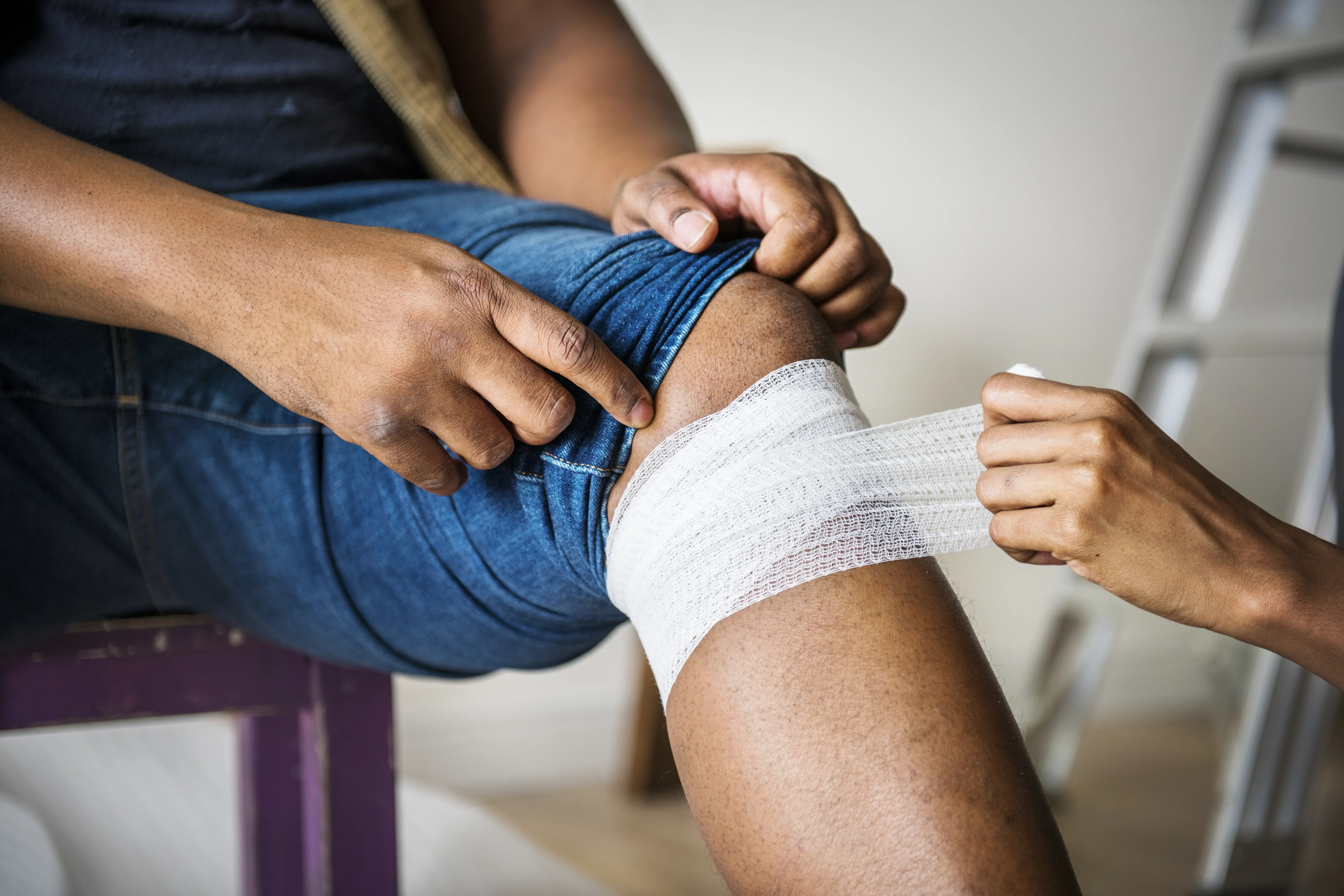When Should I See a Doctor About My Wound?
Most wounds heal on their own, but medical complications can hinder the process. Whether you have a laceration, ulcer or surgical wound, you can avoid infection and speed your recovery by keeping the site clean and covered.
If your wound continues to aggravate, or seems to be healing slowly, I recommend that you call your primary care provider. You should also seek medical care if you are experiencing any of the following:
- No improvement to your wound after two weeks.
- Redness around the wound that appears to be spreading.
- Pain, drainage, an odor or any necrotic or black areas on or around the site of the wound.
- A fever or other signs of illness.
If your wound is concerning, your provider may refer you to professional wound care services to help.
What is professional wound care?
Professional wound care includes the evaluation, diagnosis and treatment of any type of persistent wound. At clinics like The Advanced Wound Care & Hyperbaric Center–Elizabeth City, we partner with referring providers to use a proven, evidence-based approach. Several methods are utilized to find a route to wellness, including diagnostic studies, vascular studies, chronic disease management, hyperbaric therapy, wound cleaning and dressing, as well as nutrition education. With the right care, most wounds can be healed in under four months.
Consider asking for a referral to a wound care clinic you’re experiencing any of the following:
-
Diabetic wounds
-
Pressure ulcers
-
Venous stasis ulcers
-
Arterial ulcers
-
Vasculitic ulcers
-
A non-healing surgical wound
-
A complex soft tissue wound
-
An infected wound
- A wound as a result of trauma

Anitra Hughes is a Nurse Practitioner at The Advanced Wound Care & Hyperbaric Center - Elizabeth City.